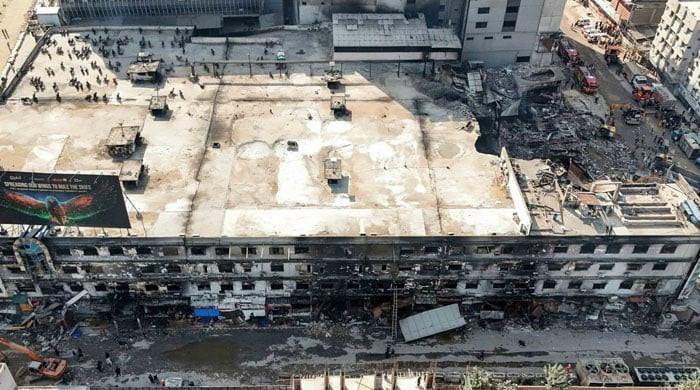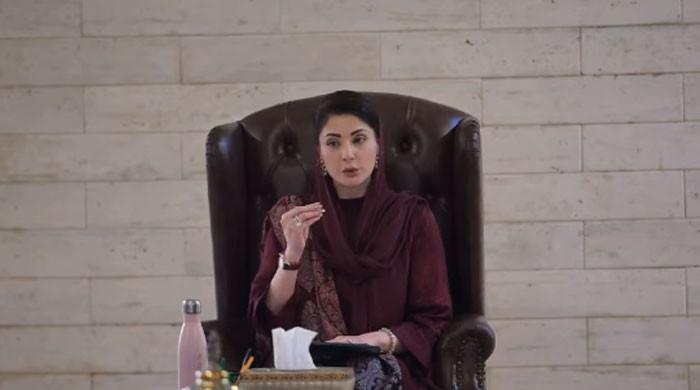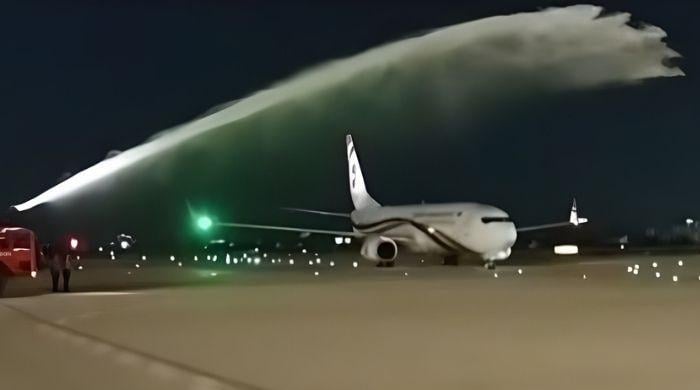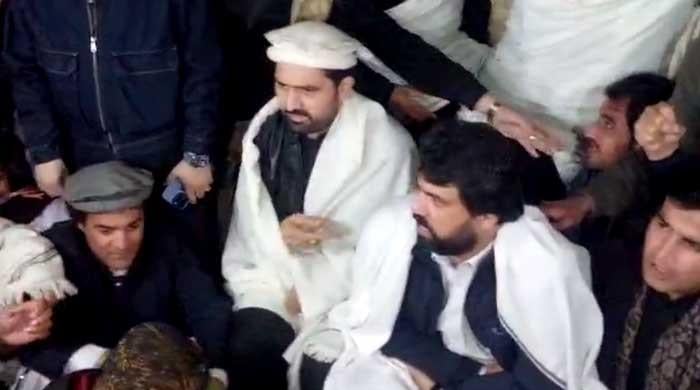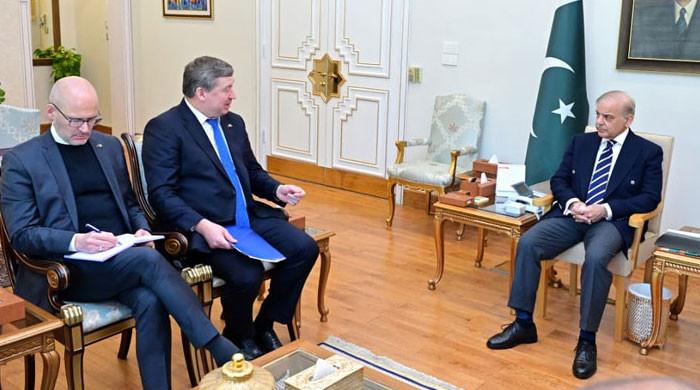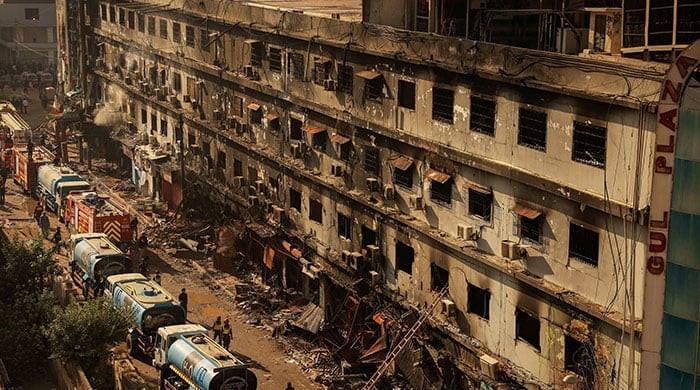Security forces kill local terrorist commander in North Waziristan
ISPR says terrorist highly-wanted in many cases by counter-terrorism department
December 03, 2022
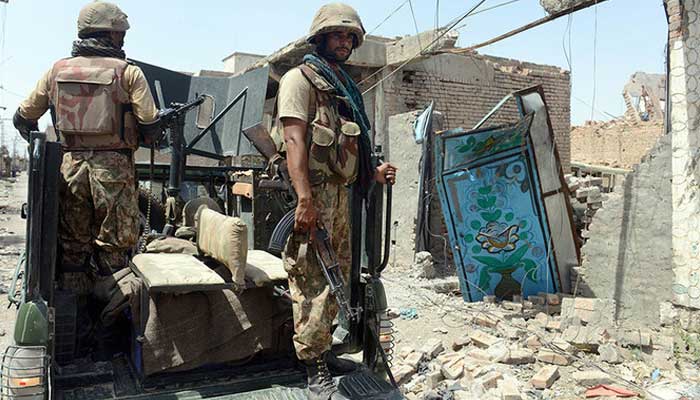
- Terrorist remained actively involved in terror activities.
- ISPR says Sarakai was wanted in several cases by CTD.
- TTP ends ceasefire following military's intervention in Lakki Marwat.
A notorious terrorist commander Muhammad Noor alias Sarakai was gunned down by troops of security forces in North Waziristan's general area Shewa on December 2 (Friday), the Inter-Services Public Relations said in a statement released on Saturday.
The military's media wing stated that the terrorist was killed during an intense exchange of fire.
"The terrorist remained actively involved in high profile terrorist activities against security forces as well as kidnapping for ransom and was highly-wanted by [Counter Terrorism Department] CTD in multiple cases," the statement read.
The security forces also recovered weapons and ammunition from the terrorist.
They were appreciated by the locals for conducting the operations and extended their full support to eliminate the menace of terrorism from the area, the ISPR said.
TTP ends ceasefire
Earlier this week, the Tehrik-e-Taliban Pakistan (TTP) announced the end of the ceasefire citing a recent military operation against their fighters in the Lakki Marwat district of Khyber Pakhtunkhwa (KP) as a reason.
Pakistani militants had become active in southern parts of KP and particularly in South Waziristan, North Waziristan, Bannu, Lakki Marwat, Tank and Dera Ismail Khan, according to The News.
On November 28, the government had to postpone its anti-polio campaign in Lakki Marwat district following frequent attacks by the militants on police and operation launched against them.
Several rounds of talks were held with Taliban leaders in Afghanistan to find an amicable solution to the years-long armed conflict.
Religious leaders and tribal leaders were also involved and sent to Kabul to persuade the Pakistani Taliban to soften their demands.
The militants had lately withdrawn from certain demands but they wanted the government to restore the previous status of erstwhile Federally Administered Tribal Areas and their armed return to Pakistan.




